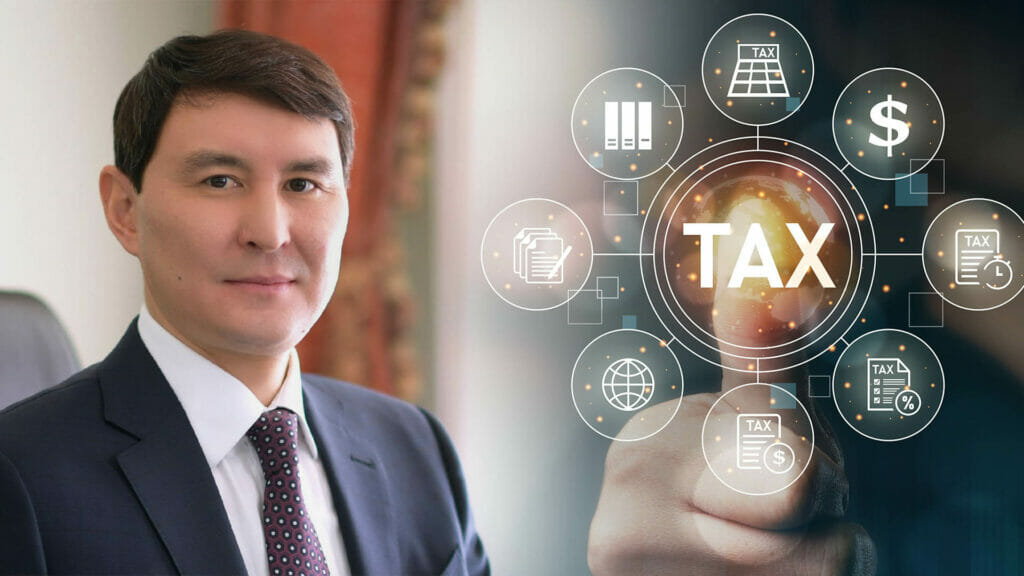Finance minister reveals what taxes won’t be reduced in Kazakhstan

Mineral production tax (MPT), corporate income tax (CIT) and value-added tax (VAT) won’t be reduced for the purpose of a new tax code, according to Finance Minister Yerulan Zhamaubayev.
«I think, what we can reduce are different types of fees. There are a few core taxes like CIT, VAT and MPT. Of course, they won’t be changed, while some small advertising fees, for example, or other duties, might be reduced,» he told journalists.
He noted that the draft law is currently being considered by the cabinet and will be published later.
Zhamaubayev also mentioned that the new draft tax code is going to include a luxury tax, although the finance ministry is still working on its implementation mechanism.
During an address to the nation at the joint meeting of the two houses of parliament on September 1, President Kassym-Jomart Tokayev underlined that sustainable economic growth directly depends on a predictable and transparent taxation policy. He also said that the government would present a new Tax Code in order to reboot fiscal regulation.
To achieve these goals the government is going to renew the tax administration and digitalize tax control in order to eliminate any kind of personal interaction.
«One more priority is the raising efficacy of tax stimulation. To do this we need to introduce differentiated tax rates in different segments of the economy. We need a mechanism for decreasing or even lifting CIT when it comes to profit needed for technological modernization and scientific research,» Tokayev said.
The president also believes that it is necessary to simplify special tax regimes to avoid fiscal evasion. The new draft tax code, for example, suggests banning the intentional splitting of an entity to reduce the tax burden. Currently, entrepreneurs under the simplified procedure should pay 3% of their income as a tax. In order to keep this rate, small businesses can’t hire more than 30 employees and have a revenue of more than $179,699 within six months.
If a small business exceeds this threshold, it should switch to a standard tax regime and pay 10% of its revenue, which is three times higher than the simplified regime. In order to pay less taxes, entrepreneurs tend to split their businesses into smaller parts. As a result, it is quite often when one small grocery shop is operated by several private entrepreneurs. They also oftenly ask customers to transfer payments to the banking cards of their relatives as this helps to reduce taxable turnover.
Tokayev also noted that the government will expand its practice of retail taxes with adequate rates and simple procedures in order to promote civilized trade. Another novelty that is expected under the taxation reform is a luxury tax. The authorities are going to collect this tax only from those Kazakhstanis who buy fancy real estate or cars. The country’s middle class won’t be affected, officials said.

